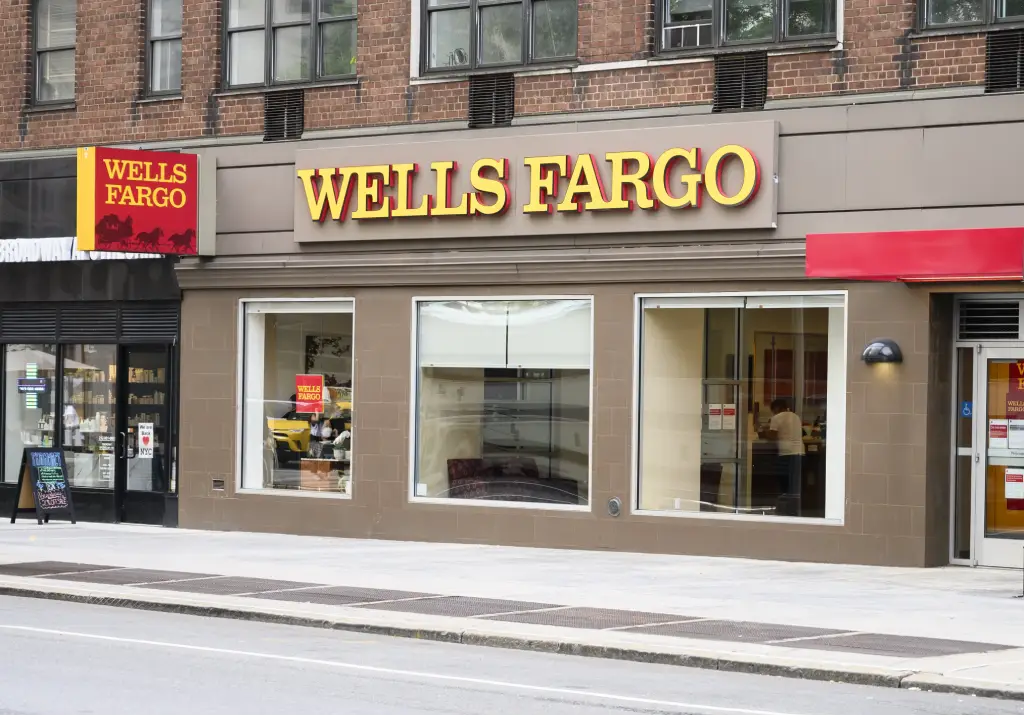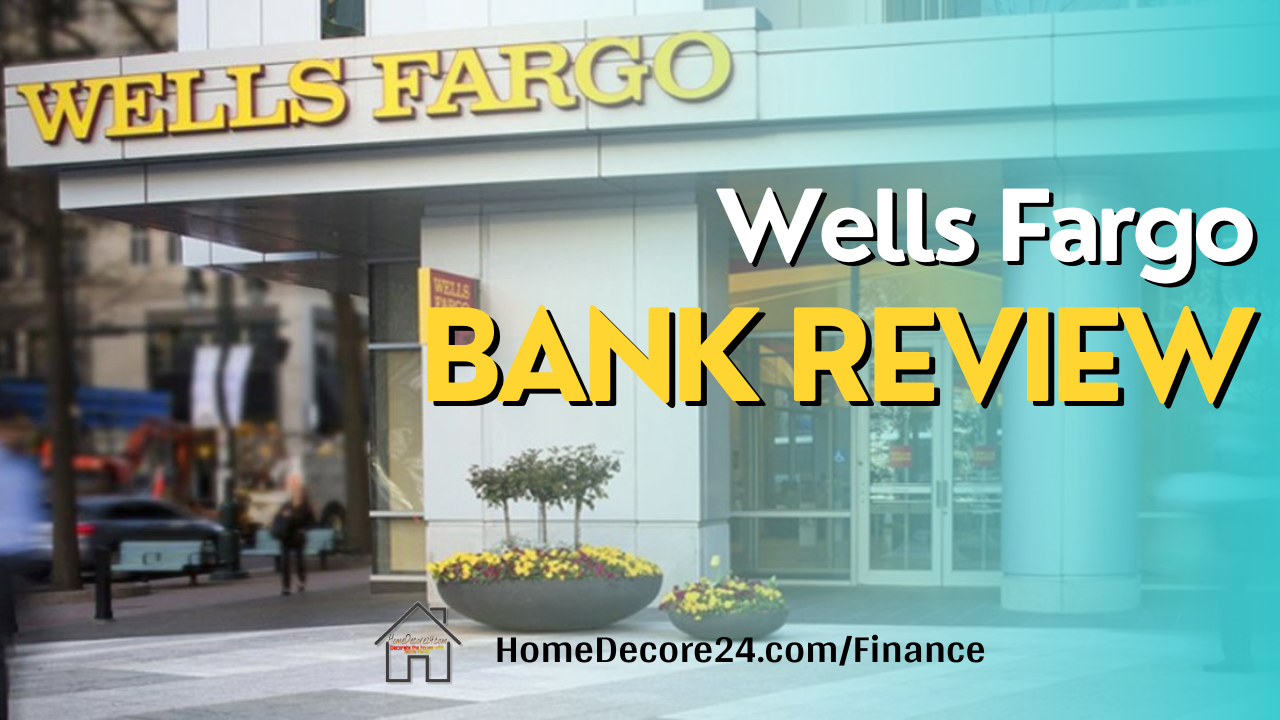
In the realm of mortgage financing, there are various types of loans that cater to different financial situations and borrower profiles. One such category is non-conforming loans. These loans play a crucial role in the real estate market by accommodating borrowers who don’t meet the stringent criteria set by conventional lenders. In this article, we’ll delve into the concept of non-conforming loans, their characteristics, and how they work.
What is a Non-conforming loan?
A non-conforming loan is a mortgage that doesn’t adhere to the guidelines set by government-sponsored enterprises. It exceeds maximum loan limits, requires higher credit scores, larger down payments, and often carries higher interest rates. It caters to unique borrower situations and properties surpassing standard loan limits.
Read More: Land Loans: Everything You Need to Know
Defining Non-Conforming Loans
Non-conforming loans, also known as jumbo loans or non-qualified mortgages (non-QM), refer to mortgage loans that don’t conform to the guidelines established by government-sponsored enterprises like Fannie Mae and Freddie Mac. These guidelines include loan limits, credit score requirements, debt-to-income ratios, and other factors that determine a borrower’s eligibility for a traditional, conforming mortgage.
Characteristics of Non-Conforming Loans
Loan Amount: The primary characteristic of non-conforming loans is their high loan amount. These loans exceed the maximum loan limits set by Fannie Mae and Freddie Mac for conforming loans. In most areas, this limit is subject to change annually based on the average home prices.
Credit Requirements: Non-conforming loans often require a higher credit score compared to conforming loans. This is because lenders take on greater risk with larger loan amounts, and a strong credit history helps mitigate that risk.
Down Payment: Due to the increased risk associated with non-conforming loans, lenders typically require a larger down payment. Borrowers might need to put down 20% or more of the property’s value to secure the loan.
Documentation: Lenders may require more extensive documentation to assess the borrower’s financial stability and ability to repay the loan. This includes detailed income verification, employment history, and asset documentation.
Interest Rates: Non-conforming loans often come with higher interest rates than conforming loans. Lenders compensate for the increased risk by charging higher rates, which can result in higher monthly payments.
Other Site decision for this topic
How Non-Conforming Loans Work
Application: Borrowers interested in non-conforming loans apply through lenders that specialize in these types of mortgages. These lenders are typically banks, credit unions, or private mortgage companies.
Underwriting Process: During the underwriting process, lenders thoroughly review the borrower’s financial situation, including credit history, income, employment, and assets. This assessment helps the lender determine the borrower’s ability to repay the loan.
Loan Approval: If the borrower meets the lender’s requirements, the loan is approved. However, it’s important to note that the approval process might be more stringent and time-consuming than with conforming loans.
Closing: Once the loan is approved, the borrower proceeds to the closing stage, where all the necessary paperwork is signed, and the funds are disbursed. The borrower takes possession of the property, and the loan repayment begins.
Read More: Securing Loans for House Flipping
Benefits and Considerations
Benefits:
- Allows borrowers to purchase higher-value properties.
- Can cater to self-employed individuals or those with unique income sources.
- Offers flexibility in terms of credit history and debt-to-income ratios.
Considerations:
- Higher interest rates and potentially larger down payments.
- Stricter underwriting criteria.
- Limited availability, as not all lenders offer non-conforming loans.
Types of non-conforming loans
- Jumbo Loans: Exceeding conventional loan limits, jumbo loans fund high-value properties.
- Portfolio Loans: Held by lenders in their portfolio, these loans have flexible terms.
- Alt-A Loans: Between prime and subprime, they involve moderate credit risk.
- Interest-Only Loans: Borrowers pay only interest for an initial period before principal payments begin.
- No-Doc or Stated Income Loans: Based on stated income without rigorous documentation.
- Subprime Loans: For borrowers with lower credit scores, but with higher rates.
- Hard Money Loans: Short-term loans, often used in real estate investments.
- Asset-Based Loans: Secured by assets like stocks or bonds, rather than income.
- Non-Qualified Mortgages (Non-QM): Don’t meet QM criteria but cater to unique situations.
Non-conforming loan Requirement
- Higher Loan Amounts: These loans are for properties exceeding conforming loan limits, which vary by location.
- Credit Score: Typically, a higher credit score is necessary to compensate for the increased risk associated with larger loan amounts.
- Down Payment: Lenders usually require a substantial down payment, often 20% or more of the property’s value.
- Income Verification: Comprehensive income documentation is crucial to assess the borrower’s ability to handle substantial loan payments.
- Debt-to-Income Ratio: Borrowers must demonstrate a lower debt-to-income ratio due to the larger loan and stricter underwriting.
- Asset Verification: Verification of assets may be more stringent to ensure the borrower has sufficient reserves.
- Interest Rates: Non-conforming loans typically come with higher interest rates compared to conforming loans.
- Property Type: Certain property types may have additional requirements due to their unique characteristics.
Meeting these requirements helps lenders manage the elevated risk associated with non-conforming loans.
Best non conforming mortgage lenders
- Quicken Loans
- Wells Fargo
- JPMorgan Chase
- Bank of America
- Caliber Home Loans
- US Bank
- New American Funding
- LoanDepot
- SoFi
- Angel Oak Mortgage Solutions
FAQ’s
1.What are the disadvantage of non-conforming loan?
Non-conforming loans have higher interest rates and stricter requirements, demanding larger down payments and strong credit. They can result in costlier monthly payments and potentially limit borrowing options due to the specialized nature of these loans.
2. What makes a loan non-conforming
A loan becomes non-conforming when it exceeds standard limits for factors like loan amount, credit score, down payment, or doesn’t adhere to conventional lending guidelines, making it riskier for lenders.
3. Who might non-conforming loans be best for?
• Borrowers purchasing high-value properties.
• Self-employed individuals with irregular income.
• Investors seeking short-term financing.
• Individuals with unique credit situations.
• Those needing more flexible underwriting criteria.
YouTube Video
Bottom Line
Non-conforming loans provide an essential avenue for borrowers who seek financing for properties that exceed conventional loan limits or have unique financial situations. While these loans offer flexibility in eligibility criteria, borrowers should carefully consider the higher costs and requirements associated with non-conforming loans.
As the real estate market evolves, non-conforming loans will continue to play a significant role in ensuring access to mortgage financing for a diverse range of borrowers.







